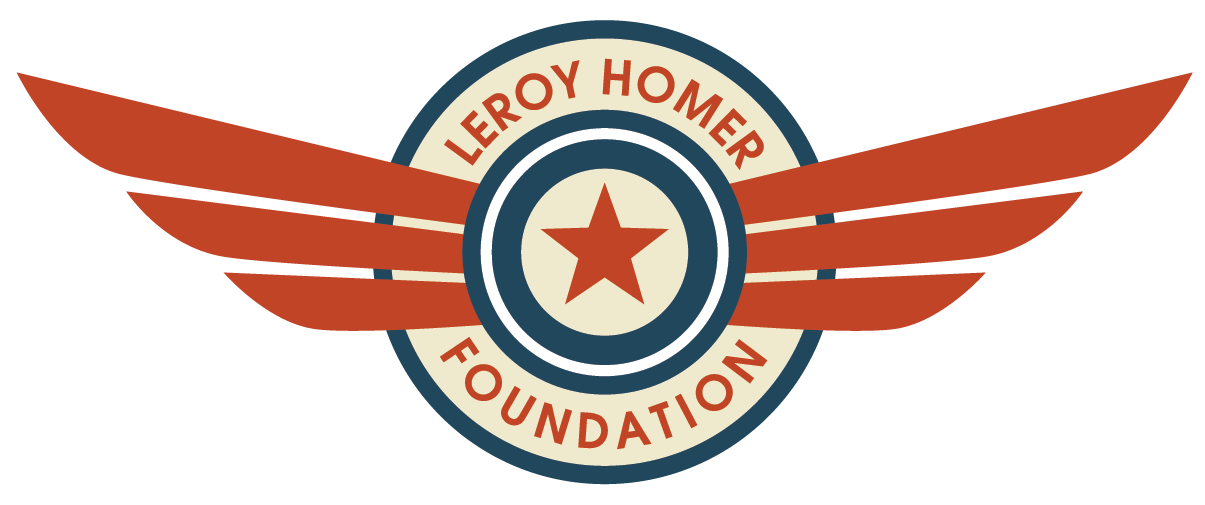“Annie, Annie, Are You Okay?”
I just took my CPR recertification course a few weeks ago. I am a registered nurse and have been taking CPR courses for more than twenty years. Every time I go to recertify, especially recently, there are changes to the way we are supposed to perform. The American Heart Association makes changes as new techniques are discovered which improve the percentage of individuals that recover after cardiac arrest. Makes sense. However, since I first took the course, over twenty years ago, I realize it has become harder, in a sense, because I learned CPR a certain way many years ago, and it’s hard to override that initial training.
This made me think of how my husband LeRoy would describe leaving one airplane to fly on another. For example, the Boeing and Airbus planes are completely different. You cannot take something you’ve learned on one plane and transfer it to another. The results could be catastrophic. A pilot is expected to “dump” everything he has learned on one airplane when he switches to another. It may seem fairly easy. But as I renewed my CPR license in a four hour course, I was really struggling with all the information I had been given before, that was no longer valid. Pilots go away for flight simulator training to learn how to fly newly assigned aircraft for weeks at a time. My frustrations made me think yet again how little credit pilots get.
There will always be people who think since they’ve played a Microsoft flight simulator, they could land an airplane in an emergency. Or the people that assume the co-pilot is only there in case the captain gets food poisoning. Newsflash – the movie Airplane is not entirely accurate, and whether there are two or three pilots in the cockpit, they all know and do fly the aircraft. I know only a small amount of what my husband’s job entailed. Chris Cooke, a domestic pilot who writes for Executive Travel magazine says it best “compartmentalization (the ability to focus on the task at hand) is a skill that pilots work hard to maintain. Operating in an unforgiving three-dimensional environment demands nothing else. We constantly evaluate ourselves and our fellow aviators, and we work hard to enhance your flying experience with a safe, smooth and punctual performance.” He goes on to say that a good pilot will be very critical of his own performance. When I flew as a United Airlines passenger when my husband was flying, he would ask me, “how was my landing?”
So instead of thinking about the negatives, flight delays or having to wait your turn on the runway, think about the skill and knowledge it takes for those pilots to get you from point A to point B, while you sit in a seat, eating, watching a movie or working on your laptop. Just because they make it look easy, doesn’t mean it is.





Superb post however I was wanting to know if you
could write a litte more on this topic? I’d be very thankful if you could elaborate a little bit more. Many thanks!